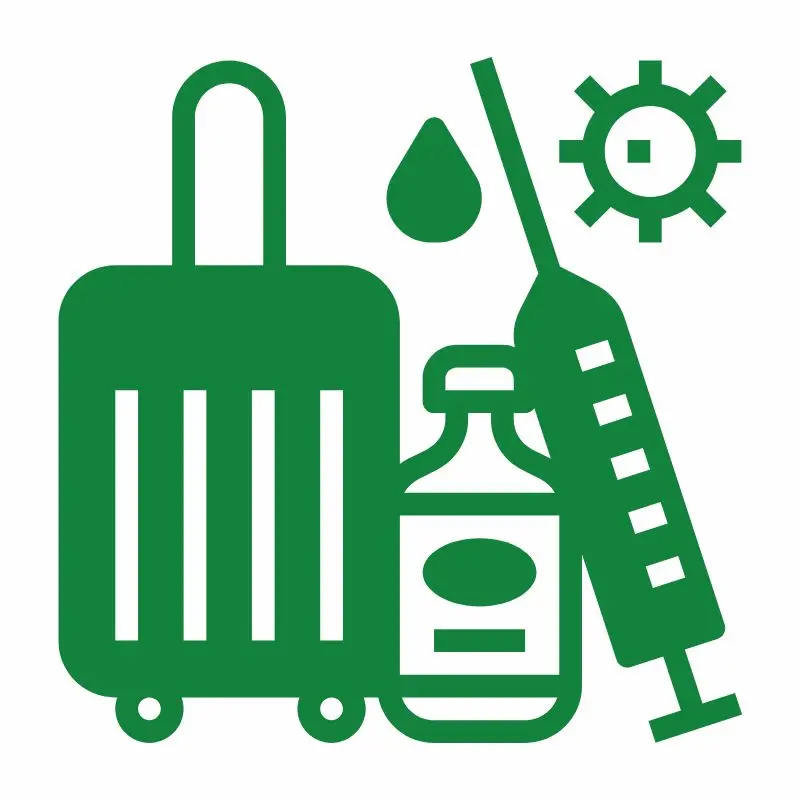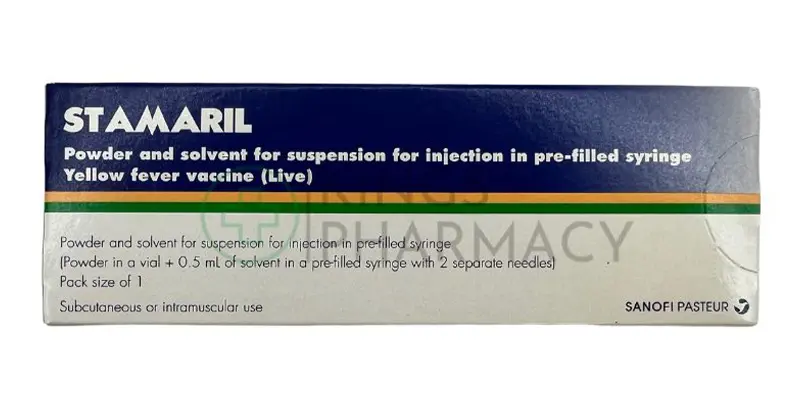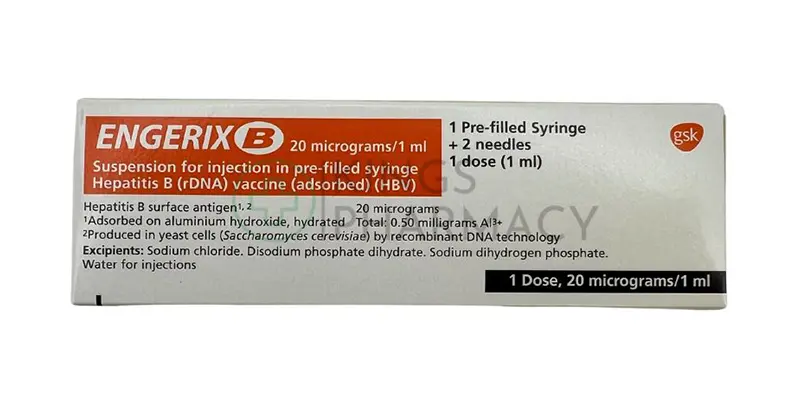
About Us
Travel Vaccination
Travel vaccinations help protect you from diseases that may be common in certain countries but less so in your home country. Depending on your destination, vaccines for illnesses like hepatitis, typhoid, and yellow fever may be recommended. It's best to visit a healthcare provider or travel clinic 4 to 6 weeks before your trip to ensure you're properly protected. Consult your doctor to receive the right vaccines and stay safe while traveling.
Travel vaccinations are an important step in ensuring your health and safety while traveling abroad. Different countries have varying risks for infectious diseases, and vaccinations can help prevent illnesses that are either uncommon or more prevalent in certain regions. Here’s a deeper look into why they are important and how to approach them:
Why Are Travel Vaccinations Important?
Some diseases are endemic to specific areas of the world, and travellers can be at risk, especially if they are not vaccinated. In addition to protecting yourself, getting vaccinated helps reduce the spread of diseases internationally. Vaccinations also help prevent the serious complications that can result from infections, such as liver damage from hepatitis or severe dehydration from diseases like cholera.
Common Travel Vaccines
The specific vaccines you need will depend on your travel destination, but some of the most common ones include:
- Hepatitis A and B
- Typhoid fever
- Yellow fever
- Diphtheria, tetanus, and pertussis (DTaP)
- Measles, mumps, rubella (MMR)
- Rabies (for certain high-risk travel situations)
- Meningococcal disease
- Cholera (in areas with poor sanitation)
- Influenza (seasonal flu protection)
When to Get Vaccinated
For many vaccines, especially those that require more than one dose, it's important to start the vaccination process at least 4 to 6 weeks before your trip. Some vaccines need time to become fully effective, so early planning ensures you are protected when you travel.
Where to Get Travel Vaccinations
Your primary care provider or a travel health clinic can help determine which vaccines are necessary based on your travel destination, medical history, and planned activities. Many travel clinics specialize in travel medicine and can provide personalized advice and vaccination services.
Additional Health Precautions for Travelers
In addition to vaccinations, travelers should consider other preventive measures, such as:
- Malaria prevention: For regions where malaria is prevalent, antimalarial medications may be recommended.
- Food and water safety: Taking precautions to avoid contaminated food and water can help prevent gastrointestinal illnesses.
- Insect protection: In areas where insect-borne diseases like dengue or Zika are common, using insect repellent and sleeping under nets can provide protection.
Documentation and Requirements
Some countries may require proof of vaccination for entry, particularly for yellow fever, which is mandatory for travelers coming from certain countries. Always check with your destination country’s embassy or health authorities to understand any specific vaccination requirements.
By planning ahead and staying informed about the health risks at your destination, travel vaccinations help you have a safer, more enjoyable trip. Always consult a healthcare provider well in advance to ensure that you are fully protected.





